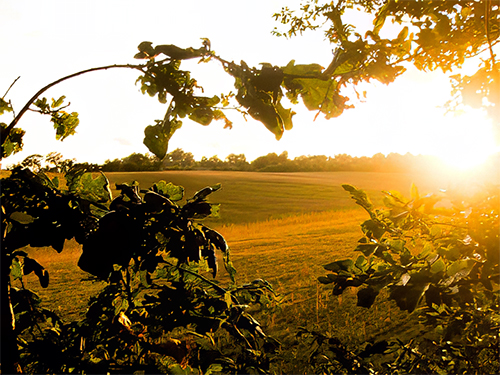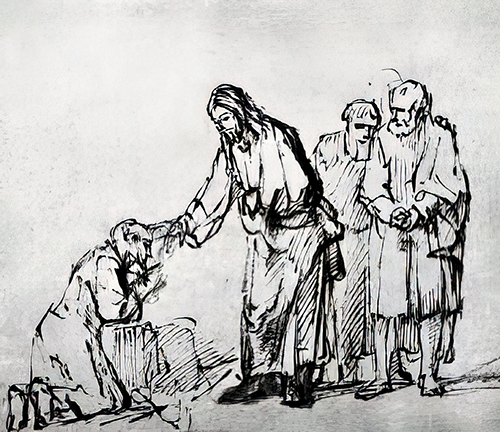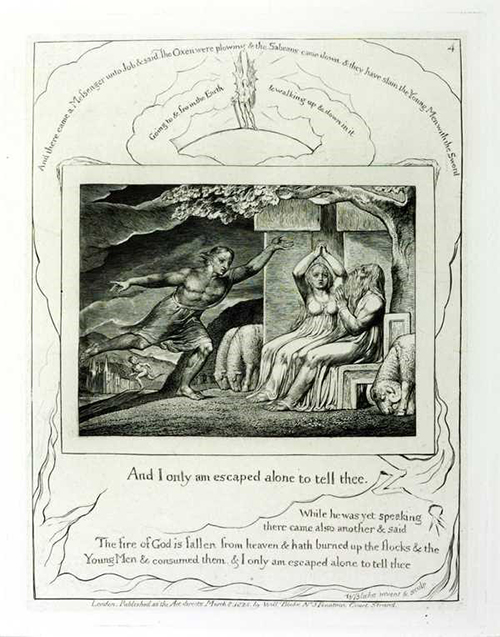The celebrated Irish poet Seamus Heaney’s sixth volume, Station Island, takes its name from a centuries-old Irish pilgrimage site in Lough Derg Co. Donegal, in the Republic of Ireland.
“Station Island XI” is one of the poems in the collection.
The poem opens with the poet’s memory of having ruined a kaleidoscope he had been given as a child, by plunging it ‘in a butt of muddied water’.
There is in the poem a sense that Heaney has confessed, and he hears the words, “Read poems as prayers,” he said, “and for your penance, translate me something by Juan de la Cruz.”
Throughout this Lent, I invite you/us to do the same, “read poems as prayers.”
Poems cannot be read quickly; rather, they demand a savouring.
The image I have is what in my childhood was called a “gobstopper” – a round fruit-flavoured candy, which, when popped into your mouth, had to be sucked for what seemed like forever. The flavour would last, and if you dared remove it from your mouth, you would notice it had changed colour!
Also, it was well-nigh impossible to hold a conversation with a mouth filled with such delight.
During these Sundays of Lent, I will post a poem and an accompanying image.
The poem will fit the mood of the Sunday and reflect the readings.
I suggest you take the poem and imagine it to be that round candy.
Poetry needs to be read aloud and read aloud again. Then there can be added value in hearing the poem read to you (each person has a unique cadence. There are occasions when the best form of talking is by listening.) Watch the poem change colour.
Our liturgies are filled with words as the season of Lent moves forward until we are called to read the entire Passion of Jesus twice. Then, nine readings are given for those who worship at the Easter Vigil!
“In prayer more is accomplished by listening than talking” wrote St Francis de Sales living in the latter half of the 15thC and early 16thC.
I will use poems from a book titled, “The Word in the Wilderness: A Poem a Day for Lent and Easter.”
The compiler is a poet, priest and singer-songwriter named Malcolm Guite and is available as an e-book through Amazon.
I have refrained from writing a reflection on the poem; such a reflection might well disrupt the reading of the poem as a prayer.

Our poem for this First Sunday of Lent is titled, “The Bright Field” by R. S. Thomas
The Bright Field – R S Thomas
I have seen the sun break through
to illuminate a small field
for a while, and gone my way
and forgotten it. But that was the
pearl of great price, the one field that had
treasure in it. I realise now
that I must give all that I have
to possess it. Life is not hurrying
on to a receding future, nor hankering after
an imagined past. It is the turning
aside like Moses to the miracle
of the lit bush, to a brightness
that seemed as transitory as your youth
once, but is the eternity that awaits you.



